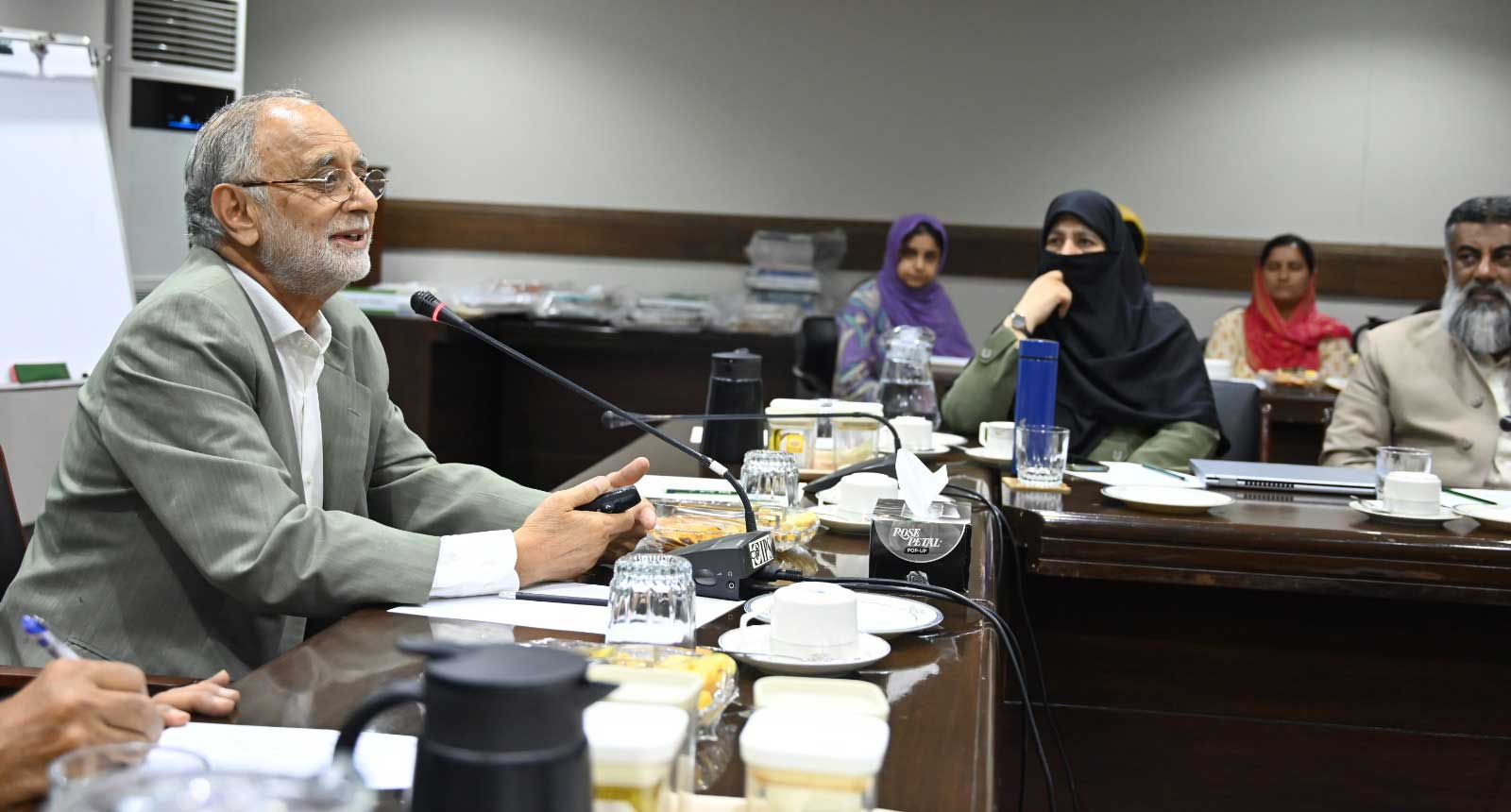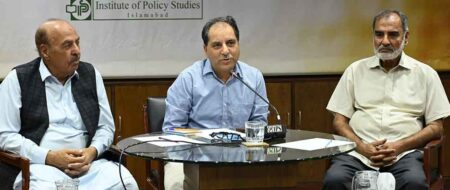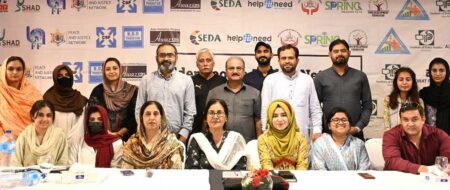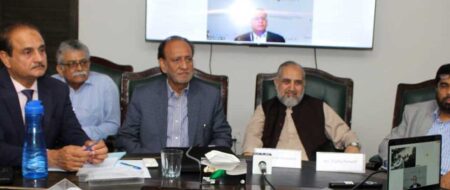‘Renewal of the Narrative of the Emergence of Pakistan and Pakistan Studies’
Pakistan Studies curriculum must be revised to reflect country’s true civilizational identity
The curriculum and discourse surrounding Pakistan Studies must reflect an accurate and indigenous perspective on Pakistan’s emergence and development, fostering unity. Currently, the curriculum fails to achieve this goal. To truly represent Pakistan’s identity as a civilizational state, it is essential to develop narratives that align with this vision. Therefore, the curriculum of Pakistan Studies should either be renewed or discontinued.
This was put forward by Dr Ijaz Shafi Gilani, renowned social scientist and chairman of Gallup Pakistan and Gilani Research Foundation, during a session titled “Renewal of the Narrative of the Emergence of Pakistan and Pakistan Studies” held at IPS on July 10, 2024. The forum was joined by Khalid Rahman, chairman IPS, Ambassador (r) Syed Abrar Hussain, vice chairman IPS, Nadeem Farhat, head of operations IPS, Shahzad Iqbal Sham, senior research fellow IPS, academics and students.
Currently, more than 500,000 students study Pakistan Studies up to the intermediate level, yet the narrative has evolved into something akin to what an American teacher might present about Pakistan. Dr Gilani argued that this approach undermines the indigenous narratives essential for fostering national pride and unity.
He emphasized the urgent need to renew the subject of Pakistan Studies, stating that it should be either revised or discontinued. In this regard, he stressed the importance of revisiting the literature sources of Pakistan Studies and its surrounding discourse. Dr Gilani reviewed the well-established literature, examining 40 books and presenting them as a digital library. This digital library aims to provide comprehensive resources to support the development of a more accurate and indigenous narrative.
In today’s world, where civilizational states like China and India hold unique positions, understanding Pakistan’s historical journey in the true sense is crucial. Dr Gilani pointed out that Pakistan Studies has, over the years, become a platform for anti-Pakistan views, deviating from its original purpose of creating national unity. He argued that Pakistan is a civilizational state and its identity must be represented by developing narratives that align with it. Hence, the need for a renewal of the subject.
The participants advocated for the creation of toolkits, maps, and methodologies to make Pakistan Studies a unifying subject, rather than students merely studying for grades. This would involve engaging students with practical and interactive learning tools that deepen their understanding of Pakistan’s history and identity.
Concluding the session, Shahzad Sham added that the renewal of Pakistan Studies is not just about academic content but about fostering a unified and informed perspective among students, reflecting the true essence of Pakistan’s history and its ongoing journey as a nation. This renewal is important for creating informed and proud citizens who can contribute positively to Pakistan’s future, he said.













